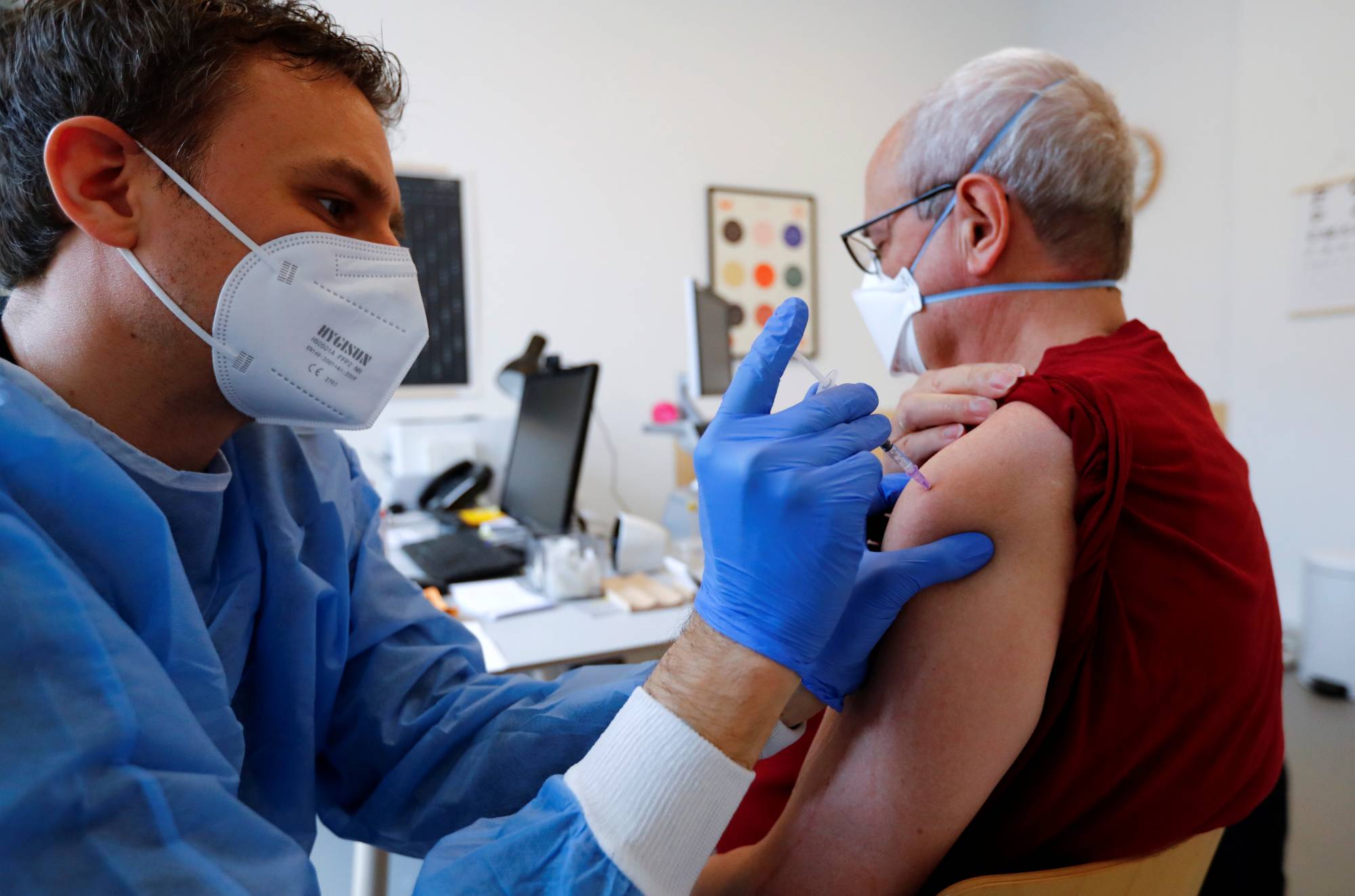The COVID-19 pandemic has damaged the stock of physical and human capital. Firms have postponed or canceled investment projects, and laid-off or furloughed workers’ skills have deteriorated. The crisis, however, has boosted the often-overlooked variable of social capital, elevating its role as a key source of economic growth.
Popularized in the 1990s by Harvard University political scientist Robert Putnam, social capital refers to “the features of social organizations, such as networks, norms, and trust that facilitate action and cooperation for mutual benefit.” A somewhat nebulous concept, it comprises the shared values, behavioral conventions, and sources of mutual trust and common identity that allow a society to function. The more social capital a group has, the greater its willingness and ability to act collectively in pursuit of valuable objectives.
In other words, social capital is the glue that holds communities and nations together. Under the right conditions, repeated and mutually beneficial social interactions lead to faster economic growth, better health outcomes, and greater stability.



















With your current subscription plan you can comment on stories. However, before writing your first comment, please create a display name in the Profile section of your subscriber account page.